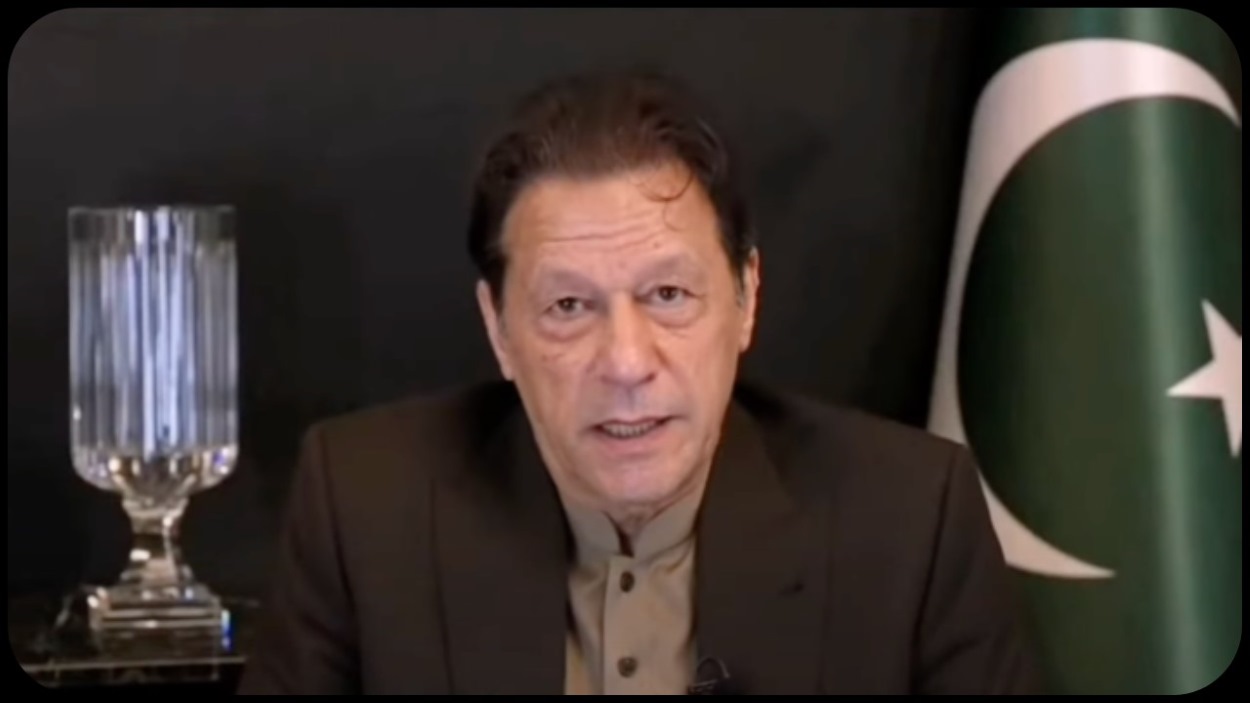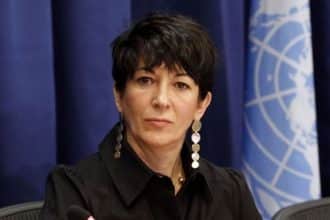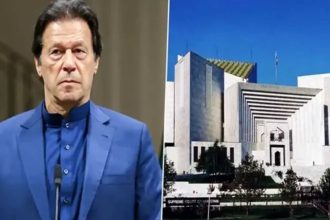The International Monetary Fund (IMF) declined to engage with Pakistan Tehreek-e-Insaf (PTI) founder Imran Khan’s demand for an election audit; however, the IMF clarified that its focus remains strictly on economic matters, reflecting its limited scope as an international body.
A representative from the IMF, headquartered in Washington, D.C., acknowledged receipt of a letter dated February 28 from a PTI official on Khan’s behalf regarding the Fund’s involvement with Pakistan’s loan program.
The IMF spokesperson emphasized, “As an institution dedicated to economic issues globally, the IMF abstains from involving itself in the internal political affairs of member countries. Nevertheless, recognizing the crucial role of institutional integrity in economic stability and growth, we advocate for the equitable and peaceful resolution of electoral disagreements.”
The spokesperson further elaborated that the IMF’s engagement with Pakistan aims to assist the nation in enacting robust policies to enhance financial stability and tackle long-term economic challenges and balance of payments issues, aiming to achieve sustained and inclusive growth for all Pakistanis.
The Fund’s support encompasses various strategies, including improving public finances through effective revenue measures, bolstering the social safety net, ensuring energy sector sustainability, enhancing governance and anti-corruption efforts, state-owned enterprise reform, fostering climate resilience, and encouraging private sector investment and job creation.
With these goals in perspective, the IMF expressed eagerness to continue discussions under the Standby Arrangement’s second review and to develop a new medium-term economic strategy upon the government’s request.
This statement followed a briefing in Washington, D.C., by IMF Communications Department Director Julie Kozack, announcing the imminent dispatch of an IMF mission to Pakistan after establishing a new cabinet. Kozack affirmed the IMF’s readiness to conduct the second review of the Stand-by Arrangement upon forming a new government cabinet.
Previously, the PTI had urged the IMF to consider Pakistan’s political stability in ongoing and future financial negotiations. Through spokesperson Raoof Hasan, the party accused the February 8 general elections of significant manipulation and fraud, impacting vote counting and result compilation. PTI argued that such practices are inconsistent with the IMF’s principles, emphasizing that the IMF should not endorse the misuse of power for personal advantage by a select few public officials.
The PTI’s letter coincided with directives from newly re-elected Prime Minister Shehbaz Sharif to initiate discussions with the IMF for a new loan under the Extended Fund Facility (EFF), highlighting the intertwining of Pakistan’s political and economic landscapes.






